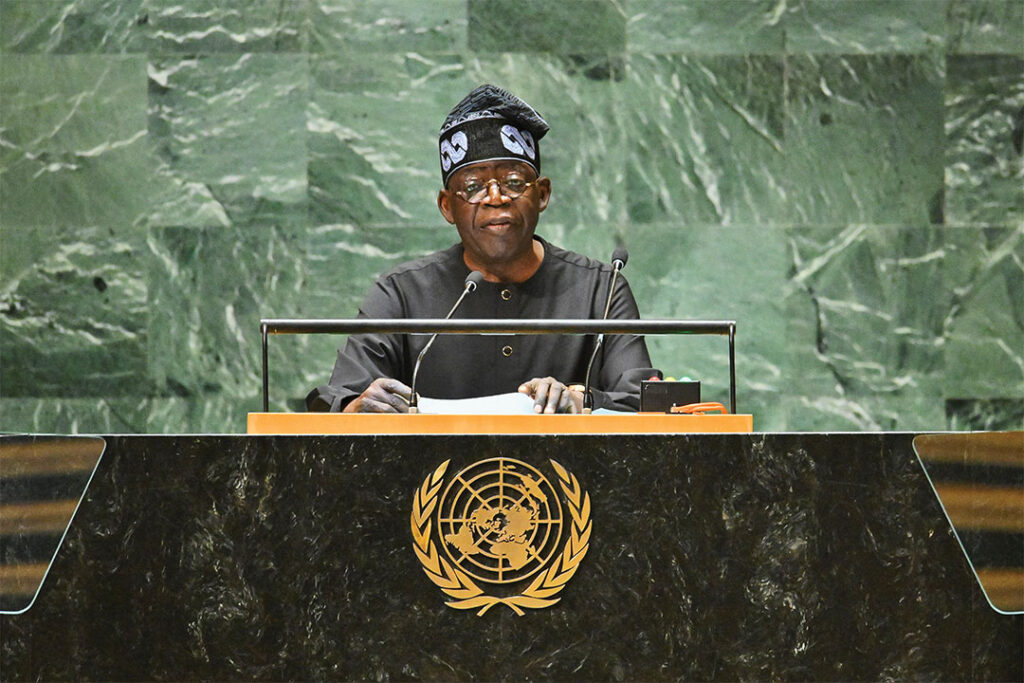In the aftermath of World War II, nations gathered in an attempt to rebuild their war-torn societies. A new global system was born, and this great body, the United Nations, was established as a symbol and protector of the aspirations and finest ideals of humankind.
Nations saw that it was in their own interests to help others exit the rubble and wasteland of war. Reliable and significant assistance allowed countries emaciated by war to grow into strong and productive societies.
The period was a high-water mark for trust in global institutions and the belief that humanity had learned the necessary lessons to move forward in global solidarity and harmony.
Today and for several decades, Africa has been asking for the same level of political commitment and devotion of resources that described the Marshall Plan.
We are not asking for identical programs and actions. What we seek is an equally firm commitment to partnership. We seek enhanced international cooperation with African nations to achieve the 2030 agenda and Sustainable Development Goals.
There are five important points I want to highlight:
- If this year’s theme is to have any impact at all, global institutions, other nations and their private sector actors must see African development as a priority, not just for Africa but in their interests as well.
- We must affirm democratic governance as the best guarantor of the sovereign will and well-being of the people. Military coups are wrong, as is any tilted civilian political arrangement that perpetuates injustice.
- Our entire region is locked in protracted battle against violent extremists. In the turmoil, a dark channel of inhumane commerce has formed. Along the route, everything is for sale. Men, women and children are seen as chattel.
- Yet, thousands risk the Sahara’s hot sand and the Mediterranean’s cold depths in search of a better life. At the same time, mercenaries and extremists with their lethal weapons and vile ideologies invade our region from the north.
- This harmful traffic undermines the peace and stability of an entire region.
- The fourth important aspect of global trust and solidarity is to secure the continent’s mineral-rich areas from pilfering and conflict. Many such areas have become catacombs of misery and exploitation.
- The mayhem visited on resource-rich areas does not respect national boundaries. Sudan, Mali, Burkina Faso, the Central African Republic — the list grows.
- Climate change severely impacts Nigeria and Africa.
African nations will fight climate change but must do so on our own terms. To achieve the needed popular consensus, this campaign must accord with overall economic efforts.
In fundamental ways, nature has been kind to Africa, giving abundant land, resources, and creative and industrious people. Yet, man has too often been unkind to his fellow man, and this sad tendency has brought sustained hardship to Africa’s doorstep.
To keep faith with the tenets of this world body and the theme of this year’s assembly, the poverty of nations must end. The pillage of one nation’s resources by the overreach of firms and people of stronger nations must end. The will of the people must be respected. This beautiful, generous and forgiving planet must be protected.

